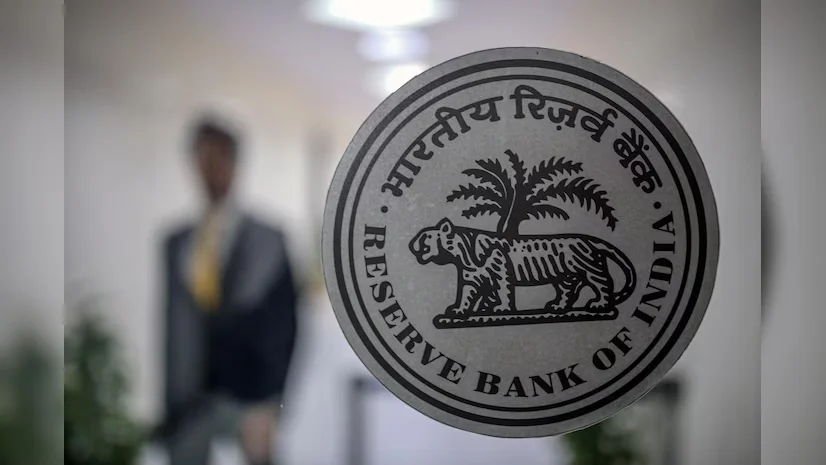The Reserve Bank of India’s (RBI) Deputy Governor J. Swaminathan cautioned that an alarming trend is emerging in India’s banking and financial services sector. Under the guise of competitive pressure and the race for short-term success, certain banks and non-banking financial companies (NBFCs) are indulging in practices that could have long-term consequences on the health and trustworthiness of the financial system.
Swaminathan stated that the RBI has observed cases though currently limited in number where institutions are resorting to “creative accounting,” liberal interpretations of regulatory provisions, and weakened internal controls. These moves, he suggested, are being rationalized by boards and executives as necessary for maintaining an edge in a cutthroat market, but the risks to systemic integrity are significant.
“Driven by intense competitive pressures and a desire to project short-term success, the management of certain banks and NBFCs appears to believe that the ends justify the means,” Swaminathan said. “Such practices risk eroding the public’s trust in the integrity of the banking system.”
Beyond Balance Sheets: The Ethical Core of Banking
Swaminathan emphasized that banking is not merely about managing financial capital, but also about sustaining intangible assets like customer trust, institutional memory, ethical leadership, and a culture of accountability. He stressed that while financial ratios and regulatory compliance thresholds are often cited as benchmarks of institutional health, they are not enough.
“What matters is how these financial resources are deployed—whether they support inclusive lending, long-term investment, or business models that promote trust and transparency,” he said. “Every rupee must carry intent, not just interest.”
This call to action underscores the RBI’s broader focus on what it views as the foundational principles of financial stewardship. Swaminathan reminded institutions that internal controls and the people who interact with customers daily are just as vital as capital adequacy or asset quality. “Institutional values shape internal culture,” he noted, “and a bank’s reputation, once established, becomes one of its most valuable assets.”
From Policy to Practice: The Ground Reality Check
Swaminathan also questioned the disconnect between strategic vision at the top and execution at the ground level. He pointed out that governance frameworks—no matter how sophisticated on paper—fail if they are not deeply embedded in frontline operations.
Algoritha: The Most Trusted Name in BFSI Investigations and DFIR Services
“Strategy has little meaning, unless it is translated into action,” he said. “For a bank, this means ensuring that intent at the top is reflected in outcomes on the ground. Policies made in the boardroom must find meaningful expression at the branch.”
This statement hints at a larger supervisory concern while institutions may present well-structured governance frameworks during regulatory assessments, the RBI is now increasingly focusing on how these are reflected in real customer outcomes, risk management behaviors, and frontline decision-making.



